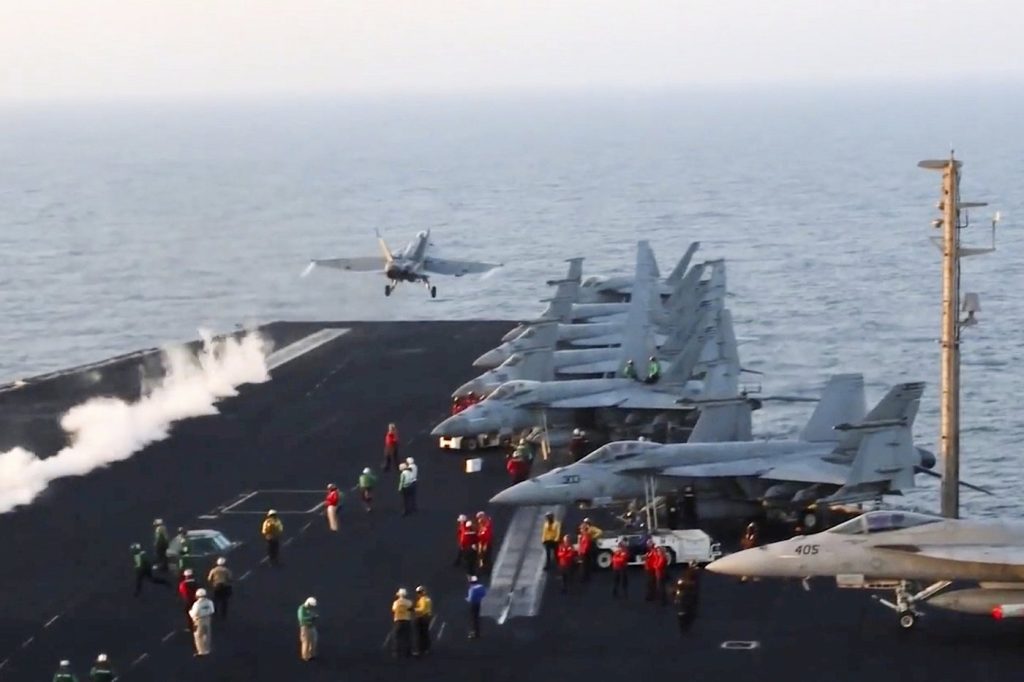On March 16, 2025, Iran once again rejected accusations of providing support to Yemen's Houthi rebels following a series of U.S. airstrikes targeting the group. These airstrikes occurred after President Donald Trump issued a stark warning that Tehran would be "fully accountable" for the actions of the Houthis. According to the Houthi-run Health Ministry, the strikes resulted in the deaths of at least 31 individuals, including women and children, while injuring over 100. The Houthis reported that one airstrike hit residential homes in the northern Saada province, claiming the lives of four children and a woman.
The Houthi rebels have been engaged in various aggressive actions, including targeting international shipping in the Red Sea and launching missiles and drones aimed at Israel. The Houthis characterized these missile and drone attacks as expressions of solidarity with the Palestinians in Gaza, where there has been ongoing conflict with Hamas, another Iranian ally. Notably, a tenuous ceasefire between Israel and Hamas established in January led to a temporary halt in these Houthi attacks. However, the Houthis threatened to renew their assaults following Israel's blockade on humanitarian aid to Gaza this month.
The United States, along with its allies, has long accused Iran of supplying military aid to the Houthis. This claim is supported by U.S. Navy reports of seizing Iranian-made missile components and other weaponry intended for distribution to the Houthis, who maintain control over the capital city of Sanaa and much of northern Yemen. In response to these allegations, General Hossein Salami, the leader of Iran's paramilitary Revolutionary Guard, insisted that Iran does not dictate policies for its allied militant groups across the region, as he stated on state-run television.
Iran's Foreign Minister, Abbas Araghchi, took to social media platform X to urge the U.S. to cease its airstrikes, asserting that Washington could not dictate Iran's foreign policy. On March 15, Trump expressed a commitment to applying "overwhelming lethal force" until the Houthis ceased their assaults on shipping routes critical to international trade.
These airstrikes were initiated just days after the Houthis announced intentions to resume their attacks on Israeli shipping vessels near Yemen in reaction to the blockade of Gaza. Despite their declarations, no Houthi attacks had been reported following the strikes. During their campaign from the onset of the Israel-Hamas war in October 2023 until the January ceasefire, the Houthis had targeted over 100 merchant vessels, resulting in the sinking of two ships and the loss of four sailors' lives.
Historically, the U.S., Israel, and Britain have conducted strikes against Houthi-controlled areas in Yemen. However, the operation on March 15, 2025, marked a shift, being solely carried out by U.S. forces and was the first military action against the Houthis under President Trump’s second administration. The implications of these strikes reflect ongoing tensions in the region and the complex interplay of international relations involving Iran, the Houthis, and the U.S.










